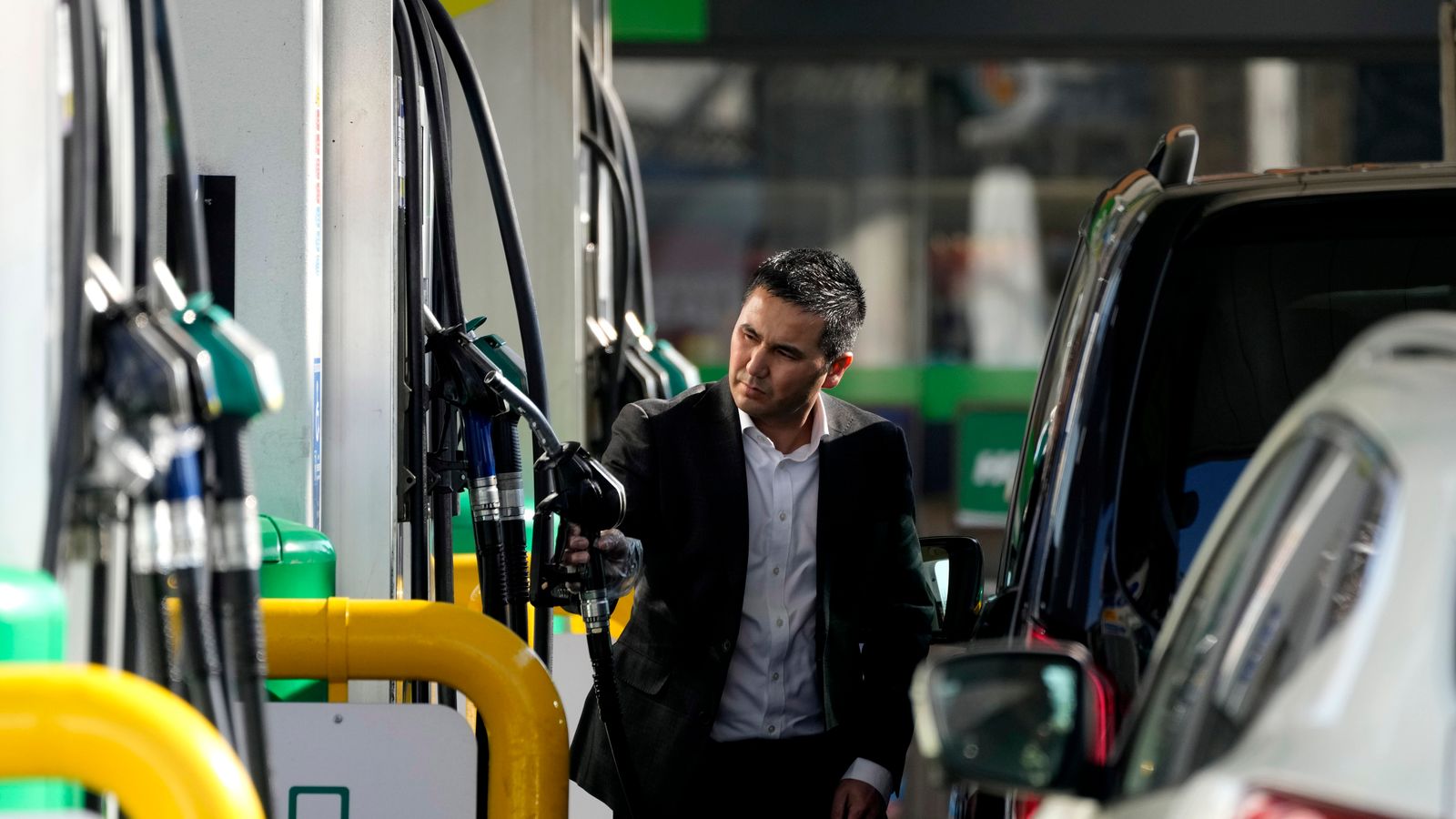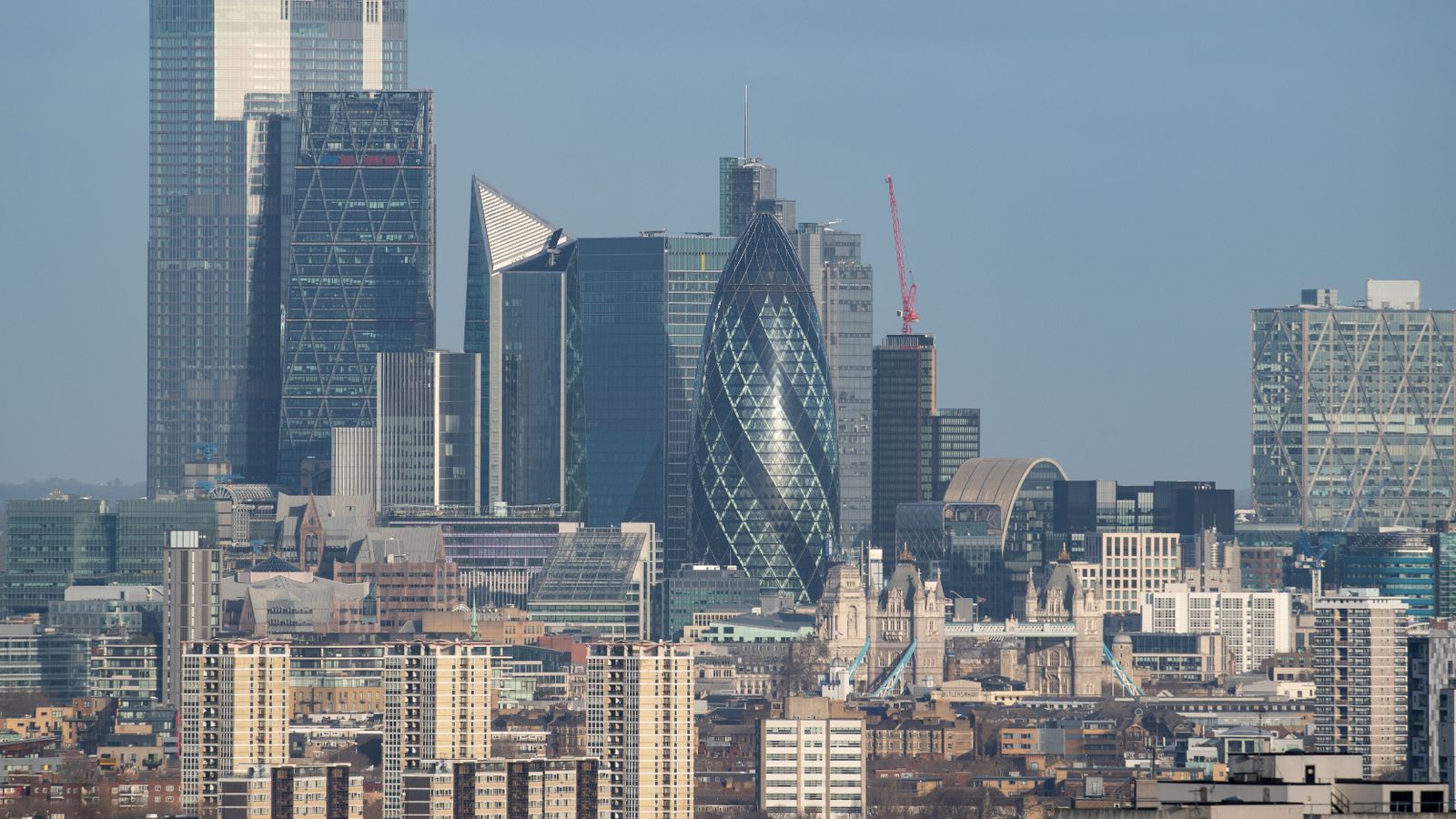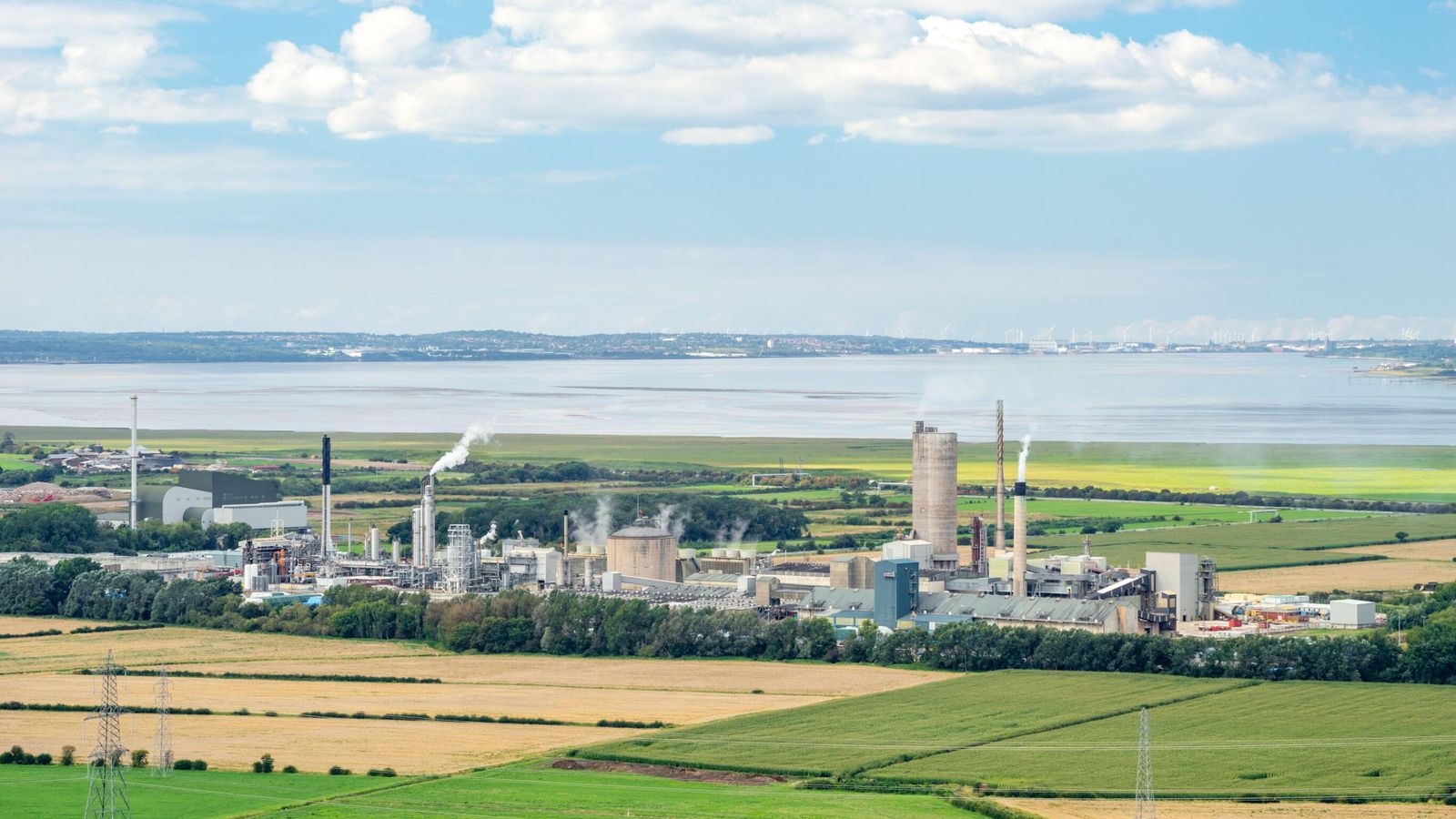The average cost of filling a typical family car with petrol has reached more than £100 for the first time, the RAC has said.
The situation will likely worsen the cost of living crisis for motorists and for customers, as businesses will at some point look to pass on their rising costs.
RAC fuel spokesperson Simon Williams said: “It’s a truly dark day today for drivers with petrol now crossing the thoroughly depressing threshold of £100 a tank (£100.27p). A complete diesel fill-up now costs £103.43.
“With average prices so high – 182.31p for a litre of unleaded and 188.05p for diesel – there’s almost certainly going to be upward inflationary pressure, which is bad news for everybody.”
In March, the chancellor cut fuel duty by 5p in an effort to shield drivers from the increasing cost of fuel, but the RAC said this measure now looks “paltry”, adding that wholesale petrol costs have increased by five times that amount since then.
“A further duty cut or a temporary reduction in VAT would go a long way towards helping drivers, especially those on lower incomes who have no choice other than to drive,” Mr Williams said
“It’s also important to remember that the government is still benefitting from the high fuel prices by taking around 30p in VAT from every litre sold. This compares to just 25p before Russia invaded Ukraine.
Cost of living: Average price of filling family car with petrol set to exceed £100 for first time
Cost of living: Why are fuel prices rising so fast and how we’re faring compared to Europe
Cost of living: Food club helps Plymouth residents whose ‘anxiety is through the roof’ as they struggle to pay bills
“On top of this the government is still collecting 53p fuel duty from every litre.”
Read more:
Why are fuel prices rising so fast and are we being ripped off?
Also on Wednesday, the price of diesel increased by nearly 2p to 184.13p and the average price for a litre of unleaded at a supermarket jumped 2.5p to 175.91p.
Prices at the pumps have risen sharply in recent months, driven by the spiralling cost of oil.
Business correspondent
The £100 tank of unleaded petrol is another milestone on the relentless upward path of fuel prices.
Watching the price click in to three figures for the first time will draw the breath of anyone filling the 55-litre tank of a family saloon, but whichever way you count it, prices have been kicking consumers in the guts for weeks already.
Fuel inflation has been staggering in the last 12 months, with unleaded 37% more expensive than this week a year ago, and diesel 38%.
Drivers who have no option but to use their cars have little choice but to shop around and suck up the latest hit at the pumps. But even if you do not drive – and millions of Britons are not car owners – you will pay a price.
Given the fundamental role of motor fuel in the economy there is simply no avoiding the impact.
The price of crude oil plummeted during the early days of the coronavirus pandemic, as stay-at-home orders in many countries hit demand.
But after major economies reopened, prices gradually rose until February when major oil producer Russia invaded Ukraine, forcing Brent crude prices to hit about $130 a barrel.
The concerns about oil supply have coincided with China’s massive manufacturing sector returning to business after the easing of pandemic restrictions there – something else which will increase demand.












